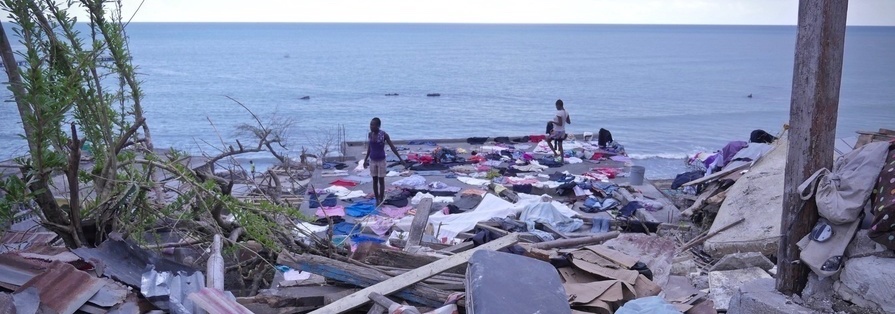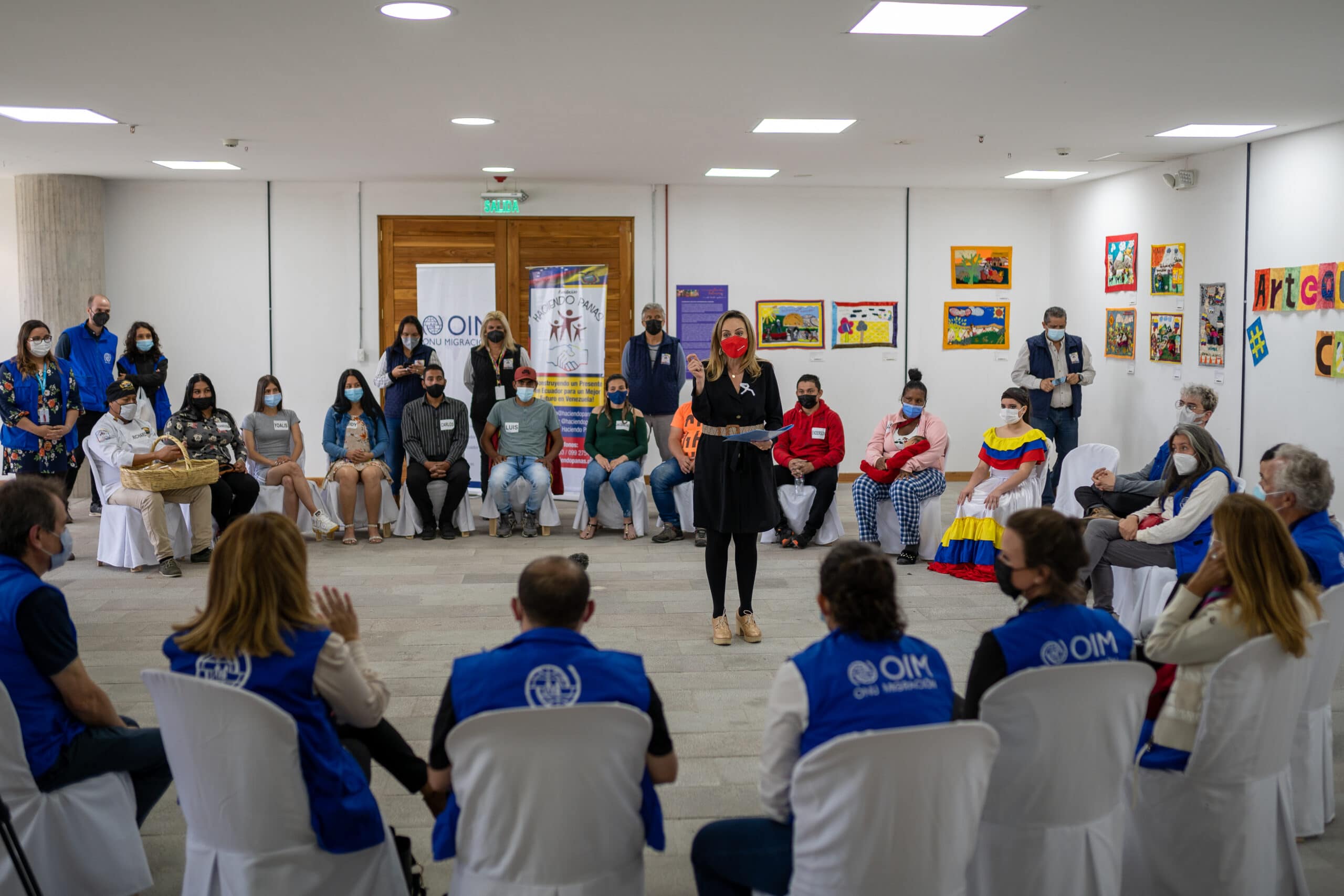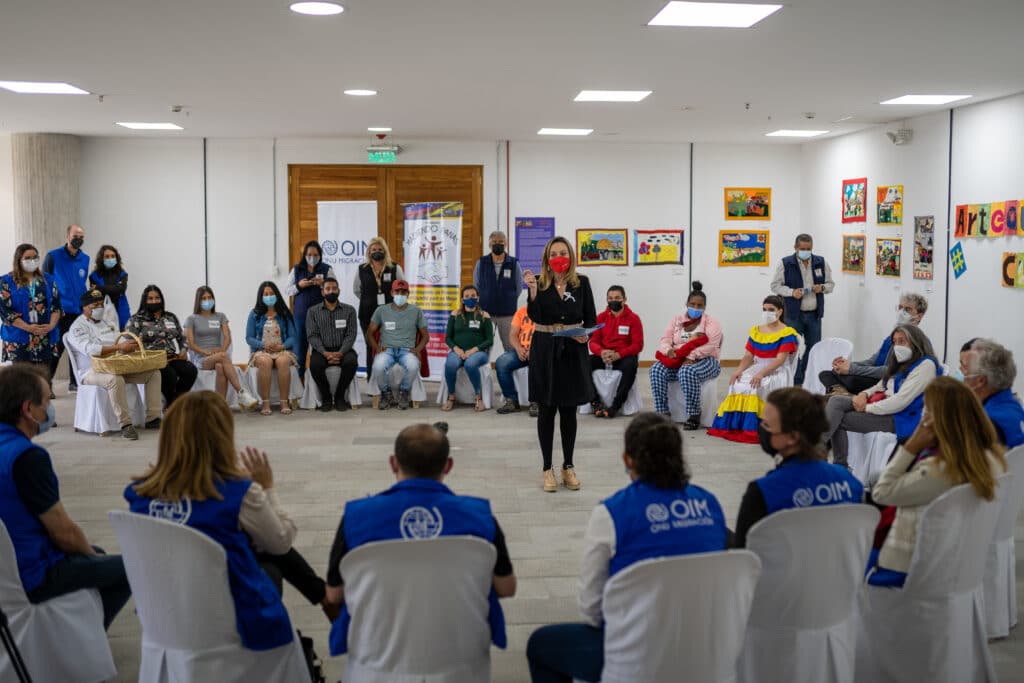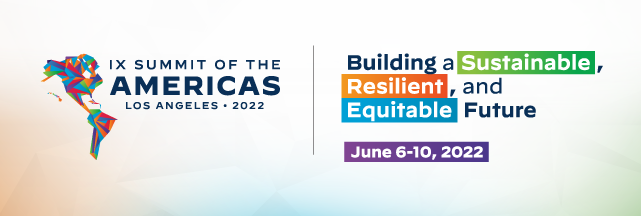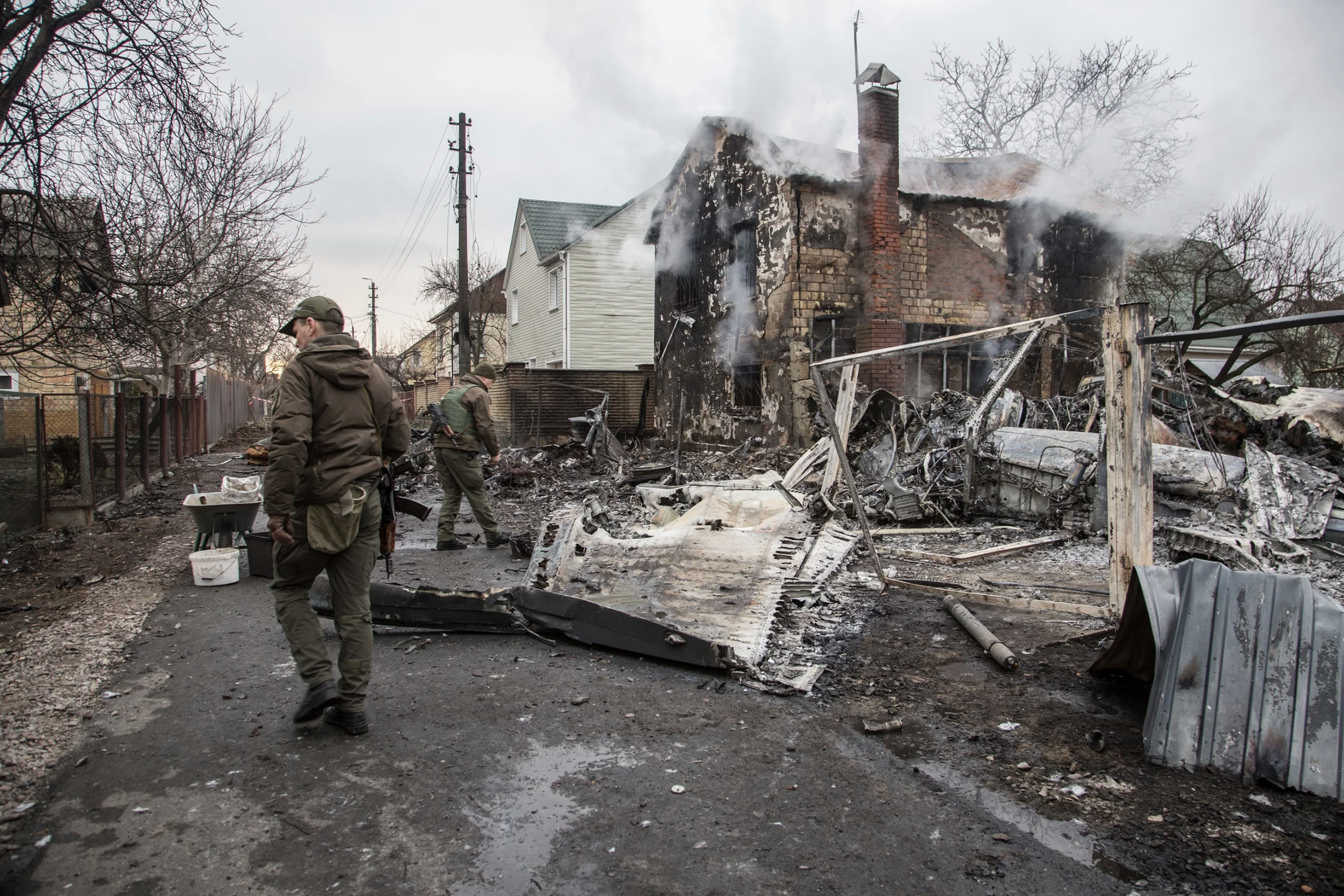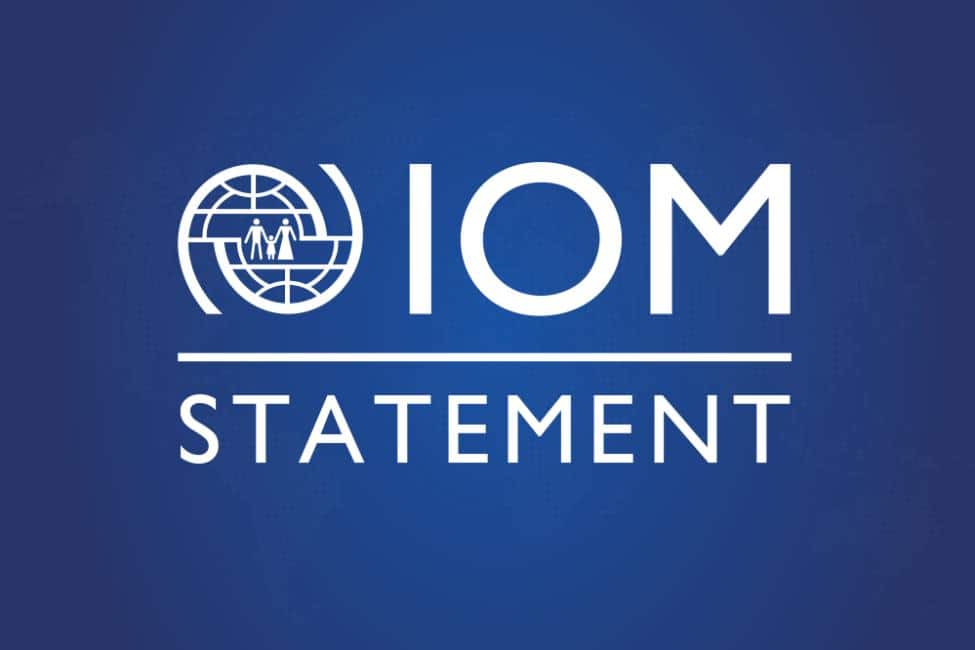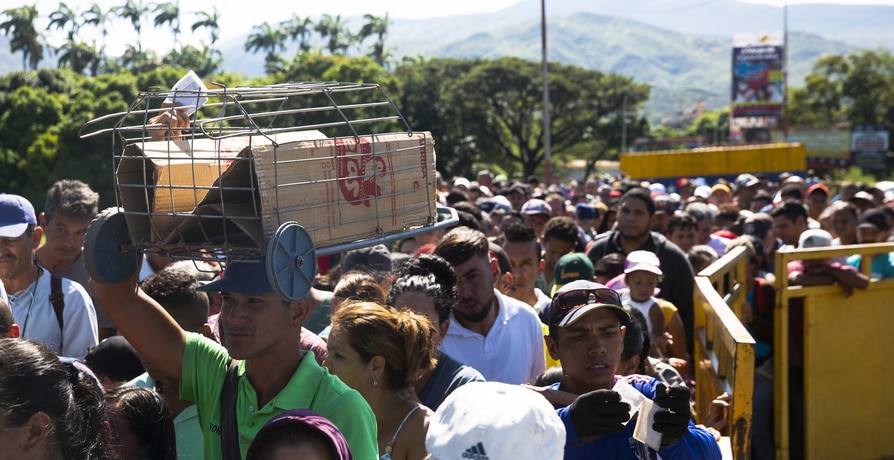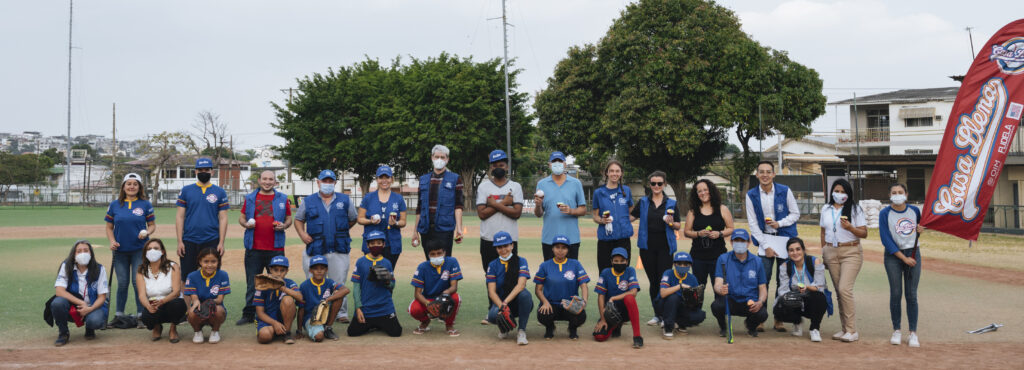“As the pitcher, you set the tone,” begins the coach of Casa Llena.
“It doesn’t matter what the score is, what the crowd is yelling, or even who’s up to bat; the only thing you can control is yourself. Each time you’re on the mound, it’s a new opportunity to set the tone you want.”
Self-regulation is one of the many life lessons players learn on IOM’s youth baseball team.
Along with gameplay and technique, players learn life skills, including taking things one step at a time as they round the bases, and that helping each other is essential to meeting their collective goals.
The name ‘Casa Llena’ or ‘Full House’ carries its own significance- a baseball term for when the bases are full, and scoring is imminent, it’s a reminder of the value of opening our doors to new neighbors.
Baseball represents an unlikely connection between arriving Venezuelan migrants and Ecuadorian locals in a predominantly soccer-loving country. But the 20 migrant and local youth brought together through this program see it as an opportunity to form community.
Yolannys, a 25-year-old Venezuelan migrant, has become close to both her fellow players and their parents. She says that joining the team has made her feel at home in a new country.
When asked about the program’s impact on her, she describes how coming to practices has helped her keep focused on her goals and that the friends she’s made have given her the encouragement she needed to grow her new business.
Samuel, a local player age-10, has enjoyed making friends, having fun, and adds that he’s learned a lot about the game from his Venezuelan teammates.
But for Ximena, 15, the team’s star hitter, she doesn’t notice any difference between her and her Venezuelan teammates on the field.
